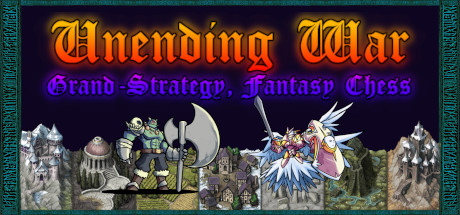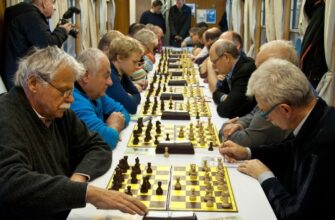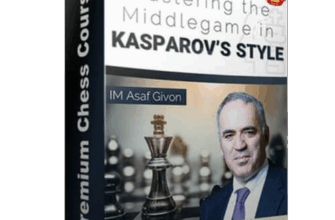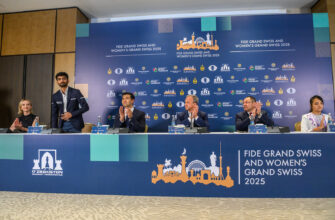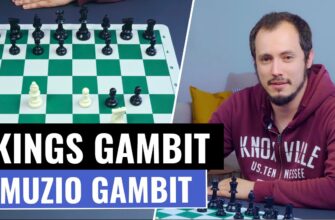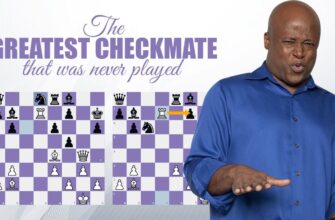In a world often defined by geopolitical complexities, the chessboard offers a unique arena where strategic prowess and mental fortitude take center stage. This past August, the 35th NATO Chess Championship brought together the finest military minds from across the alliance, converging in Dęblin, Poland, for a week of intense intellectual combat. What transpired was not merely a series of chess games, but a vivid demonstration of unity, skill, and the enduring spirit of competition that binds NATO nations.
A Regal Opening in the Heart of Poland
From August 18th to 22nd, 2025, the Polish Air Force University in Dęblin played host to this prestigious event, welcoming 115 players representing various branches of the armed forces from NATO countries. The sheer scale of participation underscored the championship`s growing significance as a platform for fostering camaraderie and strategic excellence.
The opening ceremony itself offered a glimpse into the distinctive blend of military formality and academic reverence. Brigadier General Pil. Dr. Krzysztof Cur, Commander of the Polish Air Force University, addressed the assembly. His introduction as “His Magnificence” — a title typically reserved for academic dignitaries — certainly raised an eyebrow or two, sparking good-natured conversation and highlighting the intellectual gravitas associated with the host institution, especially as it approaches its 100th anniversary.
Radosław Jedynak, President of the Polish Chess Federation, further celebrated the strategic sport, recognizing Colonel Sławomir Kędzierski for his significant contributions to military chess. Colonel Kędzierski, receiving a gold medal of honour, aptly reminded attendees that Poland`s strong chess tradition made it a fitting host. “Chess is one of the best sports for training the most important organ in our body – the brain,” he asserted, a truth few could dispute amidst an audience of strategists. He eloquently concluded by underscoring that the competition embodies both sporting excellence and the unwavering unity of NATO.
Turkey`s Decisive Victory and Germany`s Unyielding Spirit
As the pieces were set and the clocks began to tick, the tournament unfolded with predictable intensity. While all participants showcased commendable skill, the Turkish team emerged as the undisputed champions, clinching first place with an impressive 23 points. Their triumph was spearheaded by none other than Grandmaster Batuhan Daştan, whose FIDE rating of 2562 marked him as a formidable presence on the board. One might even suggest that with a Grandmaster leading the charge, Turkey`s victory was less a surprise and more a well-executed strategic maneuver.
Yet, the narrative of the championship would be incomplete without acknowledging the remarkable performance of the German team. Securing a hard-fought second place with 19.5 points, Germany reaffirmed its perennial strength in the chess world, outmaneuvering rivals like Poland and the USA. This achievement is no anomaly; Germany consistently ranks among the top nations globally in terms of Grandmasters, boasting 96 such titles as of June 2025. The German Chess Federation (DSB) stands as a testament to this deep-rooted tradition, with over 90,000 members across more than 2,500 clubs – a veritable army of intellects, one might say, albeit one that prefers pawns to personnel carriers.
Insights from a Silver Medalist: FM Robert Stein
To truly grasp the essence of the German team`s success, we delve into the insights shared by FIDE Master Robert Stein, a key player in their silver-medal campaign. Stein`s perspective offered valuable insights into the competitive mindset at this elite level:
On the Silver Medal: “We always strive for gold, but we knew that Turkey had an exceptionally strong team – plus we were missing two of our top players. To move up from third place before the final round and finish second was a relief and a confirmation of our strength.” This pragmatic view underscores the challenging landscape of high-stakes military chess.
On Personal Preparation: Stein`s dedication is evident. “I train consistently throughout the year. Two weeks before the event, I won a GM round-robin tournament and achieved my second IM norm – just half a point shy of the GM norm – so I went into the championship with momentum.” A true testament to the relentless pursuit of mastery.
A Memorable Game: Every champion has a highlight. Stein recalled a decisive encounter in Round 5 against Marcin Pietruszewski from Poland. Playing with Black in a Queen`s Gambit Declined, he launched a “fierce attack on the kingside, advanced to h3 and checkmated him – which led to a classic, sporting finish.” One can almost hear the roar of the (metaphorical) crowd.
Maintaining Mental Acuity: Long chess games are as much a test of endurance as intellect. Stein`s strategy is simple yet effective: “I drink a lot, take short walks during breaks and rely on my physical fitness – training helps me stay mentally alert during long games.” Perhaps the military doctrine of physical readiness extends even to the cerebral battlegrounds.
A Vision for the Game: When asked about potential rule changes, Stein`s thoughtful response focused on enhancing game quality: “I would allow 10 minutes more time after the 40th move – that would improve the overall quality of the endgame.” A subtle adjustment that could profoundly impact strategic depth.
Looking Ahead: The competitive fire burns brightly. “We are already preparing to win back the gold medal next year!” declared Stein, an unwavering commitment echoing the resilience of his team.
A Legacy of Unity and Strategy
The championship culminated in a dignified closing ceremony, overseen by Brigadier General Hendrik Steffers from the Netherlands. A poignant moment arrived with the symbolic handover of the tournament`s Viking ship emblem to Latvia, signaling their role as the host nation for 2026. This tradition beautifully encapsulates the continuity and cooperative spirit of the NATO alliance, where competition fosters mutual respect and strengthens bonds.
Since its inception in 1989, the NATO Chess Championship has transcended mere sport. It stands as a vital platform for strategic competition and, perhaps more importantly, for alliance building. The 35th edition reaffirmed this legacy, proving that even without all their top players, nations like Germany can demonstrate extraordinary resilience. As the military personnel return to their duties, they carry not just medals, but reinforced ties and sharpened strategic minds, ready for challenges both on and off the chessboard. In the quiet intensity of a chess match, the strength of an alliance is, after all, truly tested and often, ironically, reinforced.
Final Standings Snapshot: Teams
The final team standings showcased the intense competition:
- 1st Place: Turkey – 23 points (demonstrating formidable leadership under GM Batuhan Daştan).
- 2nd Place: Germany – 19.5 points (a testament to their deep-rooted chess culture and resilience).
- Close Contenders: Teams like Poland and the USA engaged in a fierce battle for the top spots, reflecting the high standard of play and the competitive spirit of the championship.
While individual brilliance often captures headlines, the NATO Chess Championship truly emphasizes team cohesion and collective strategic effort. It`s a reminder that even in a game of individual combat, success often hinges on coordinated strength and a shared vision.

